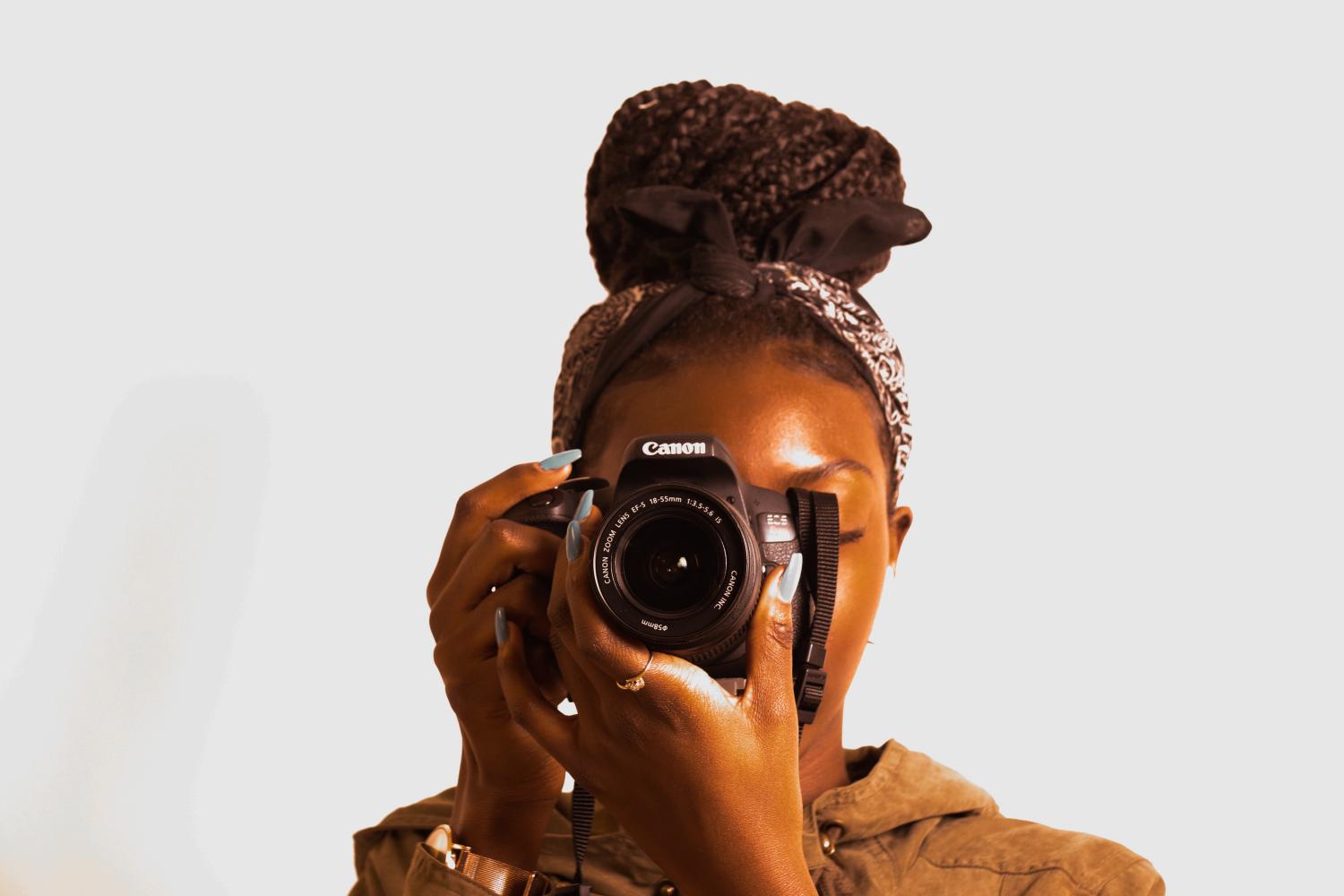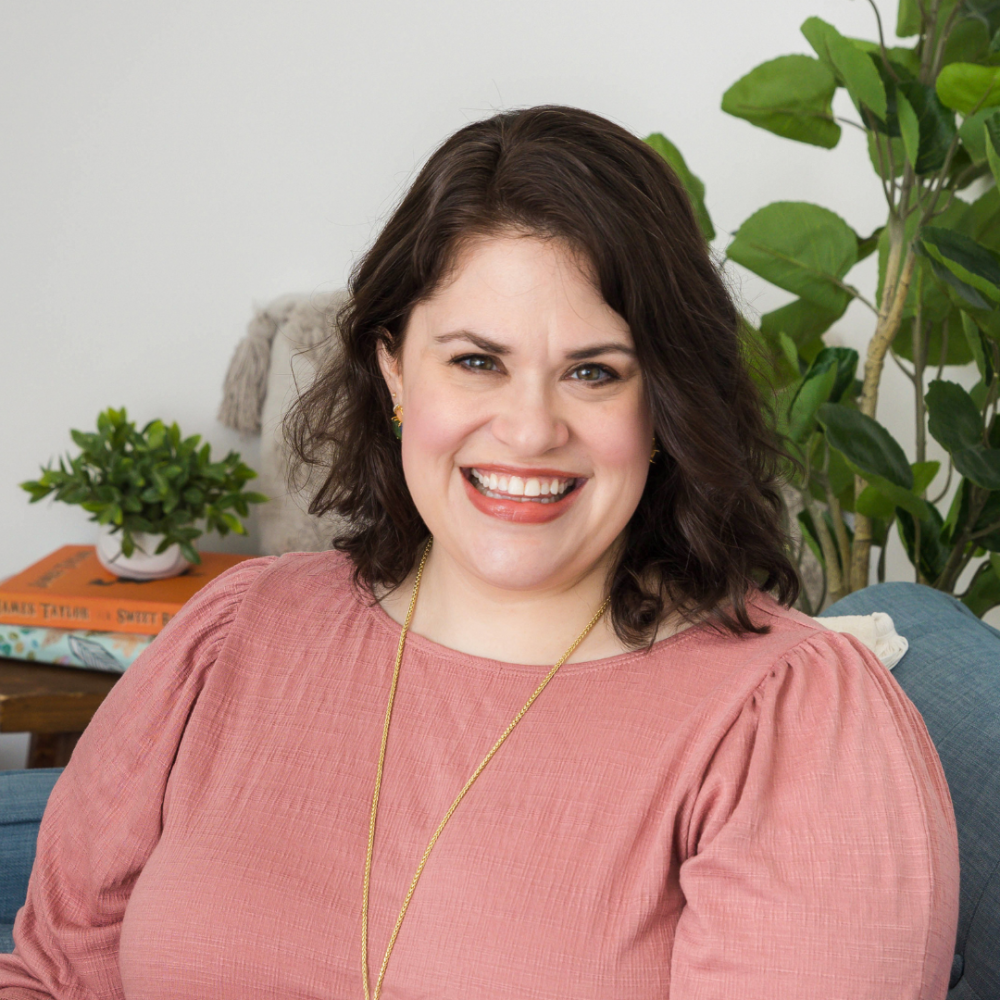
As advertising and journalism continue to shift to more visual social media platforms, demand for stock images is surging. But there’s one thing missing from many paid stock photo services – diversity.
Finding the perfect stock photo is a tricky task. You want something captivating enough to draw in the viewer, but also vague enough that the same picture can apply to thousands of different situations, with the details filled in by the viewer’s imagination. Oh, and you don’t want someone to remember seeing the same stock photo used by another organization. That can be downright awkward.
As advertising and journalism continue to shift to more visual social media platforms, both the demand for and exposure to paid stock images are increasing rapidly. There’s one thing missing from many paid stock photo services, however—diversity.
A recent survey found that 70 percent of women do not feel represented in media and advertising. This isn’t surprising, considering 90 percent of stock images are taken by male photographers. To address this disparity, Getty Images partnered with Dove and creative agency Girlgaze to launch Project #ShowUs.
According to the project’s website, #ShowUs is a library of more than 5,000 photographs “devoted to shattering beauty stereotypes by showing female-identifying and non-binary individuals as they are, not as others believe they should be.” Thirty-nine countries and 116 photographers are represented in the collection, which was shot entirely by female and non-binary photographers.
Women have traditionally been depicted in stock photos as young, thin, white and able-bodied, often wearing revealing outfits. Search results for “career woman” or “empowered woman” often include a variety of stereotypes—none of them flattering.
The #ShowUs collection, however, highlights subjects of different ages, races, professions, body types, religions, gender identities and physical abilities. Getty says searches for the phrase “strong women” are now up 187 percent, and those for “women leaders” are up 202 percent.
One unique feature of Project #ShowUs is the ability for the photographed subjects to add their own search tags to their images. Some of these self-assigned tags include “warm,” “confident,” “bosslady,” “proud” and “validated.” These labels are empowering both to the subjects and to women who see themselves represented in the photos.
#ShowUs is not Getty’s first collaboration for increased diversity in its stock photo offerings. The photo company partnered with Sheryl Sandberg’s nonprofit LeanIn.org in 2014 to launch the Lean In Collection, with more than 2,500 empowering images of women, girls and supportive communities. In addition, Getty pledged a portion of the licensing fees to fund grants "for images showcasing female empowerment and to supporting the mission of LeanIn.Org.” Five years later, the curated collection has grown to include more than 6,000 stock photos and videos.
In 2018, Getty joined with Oath and the National Disability Leadership Alliance to create The Disability Collection, a series of stock images highlighting people with disabilities carrying out everyday tasks like shopping, raising families or playing sports.
“This project for us as a business is about getting it all down and saying: Don’t just focus on wheelchairs. Think about the entire range, and think about how people with disabilities want to be depicted,” said Getty Images’ Rebecca Swift in an interview with Fast Company.
As Swift mentioned, the assortment of disability photos available usually starts and ends with (mostly elderly) people in wheelchairs. Getty’s project has sought to expand offerings, though, by focusing on the subjects and their viewpoints. Photographers with disabilities were involved throughout the development of the photo collection. After all, while 15 percent of people have a disability, only 2 percent of stock photos include representation of disabilities.
And if Barbie can represent a more inclusive society, shouldn’t stock photos do the same?
Image credit: ATC Comm/Pexels

Megan is a writer and editor interested in sharing stories of positive change and resilience. She is the author of Show Up and Bring Coffee, a book highlighting how to support friends who are parents of disabled children. You can follow her at JoyfulBraveAwesome.com.














